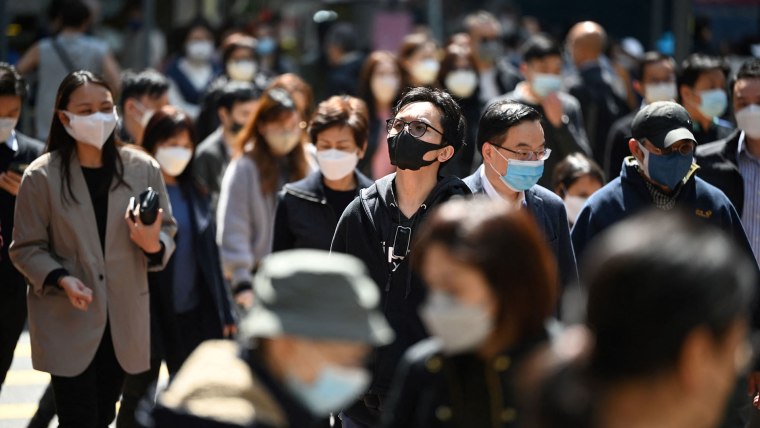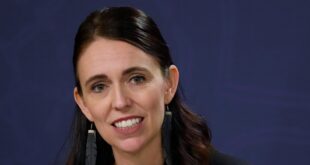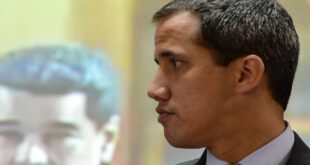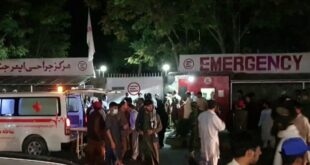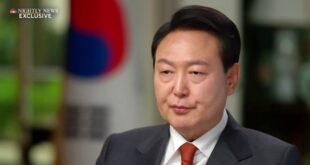[ad_1]
HONG KONG — For the first time in almost 1,000 days, the people of Hong Kong were legally allowed to go outside without wearing masks Wednesday.
But it might take some getting used to.
“It does feel a little bit weird, I feel naked!” Connie Lin, an artist, said as she passed by Times Square in the bustling shopping district of Causeway Bay. “I think people in Hong Kong are still worried about Covid, that’s why many are still wearing masks today.”
The Chinese territory’s leader, Chief Executive John Lee, said Tuesday that masks would no longer be required indoors, outdoors, in schools or on public transportation, ending the last major restriction in a city whose anti-Covid policies were among the toughest in the world.
Wearing masks has been an automatic part of daily life in Hong Kong since early in the pandemic, through multiple variants and three long summers of suffocating heat and humidity. Under government rules, failure to comply could — and often did — bring a fine of 5,000 Hong Kong dollars ($635).
For people like Hu Xiannan, a student at the University of Hong Kong who was masked Wednesday, it could be a difficult habit to break.
“I can’t even remember my classmates’ faces anymore, but today I was staring at them in class and it felt like, ‘Oh, so that’s what you look like,’” he said with a laugh.
Others have more practical reasons. “I am wearing the mask since I still have a lot of them at home,” said Yan Wong, a student at Hong Kong Community College.
Almost everyone on the subway and buses continued to wear masks Wednesday, as well as store employees and salespeople interacting with customers. Even outside, lots of people had masks firmly pulled up over their faces, while others kept them tucked under their chins.
Hong Kong actually outlawed masks in October 2019, when it was gripped by anti-government protests that sometimes turned violent. Lee’s predecessor, Carrie Lam, invoked an emergency law left over from the city’s days as a British colony to ban mask-wearing at public assemblies so that protesters could not conceal their identities.
The irony was not lost on Hong Kong residents when, a few months later, a public health threat appeared in the form of Covid-19, which spread to Hong Kong from mainland China in January 2020.
Like the World Health Organization, the United States and others, the Hong Kong government initially said it was not necessary for most people to wear masks, saying they should be reserved for medical workers amid a global shortage.
But Hong Kongers, mindful of the 2003 SARS outbreak that killed 299 people here, didn’t wait to be told. Instead, they lined up at pharmacies to buy masks being sold at exorbitant prices, and soon masking was almost universal.
Combined with social distancing measures, the effect was immediate, and not just in slowing the spread of Covid-19. Experts later said Hong Kong’s 2020 flu season had ended by early February, more than two months earlier than the year before.
 Latest Breaking News Online News Portal
Latest Breaking News Online News Portal

